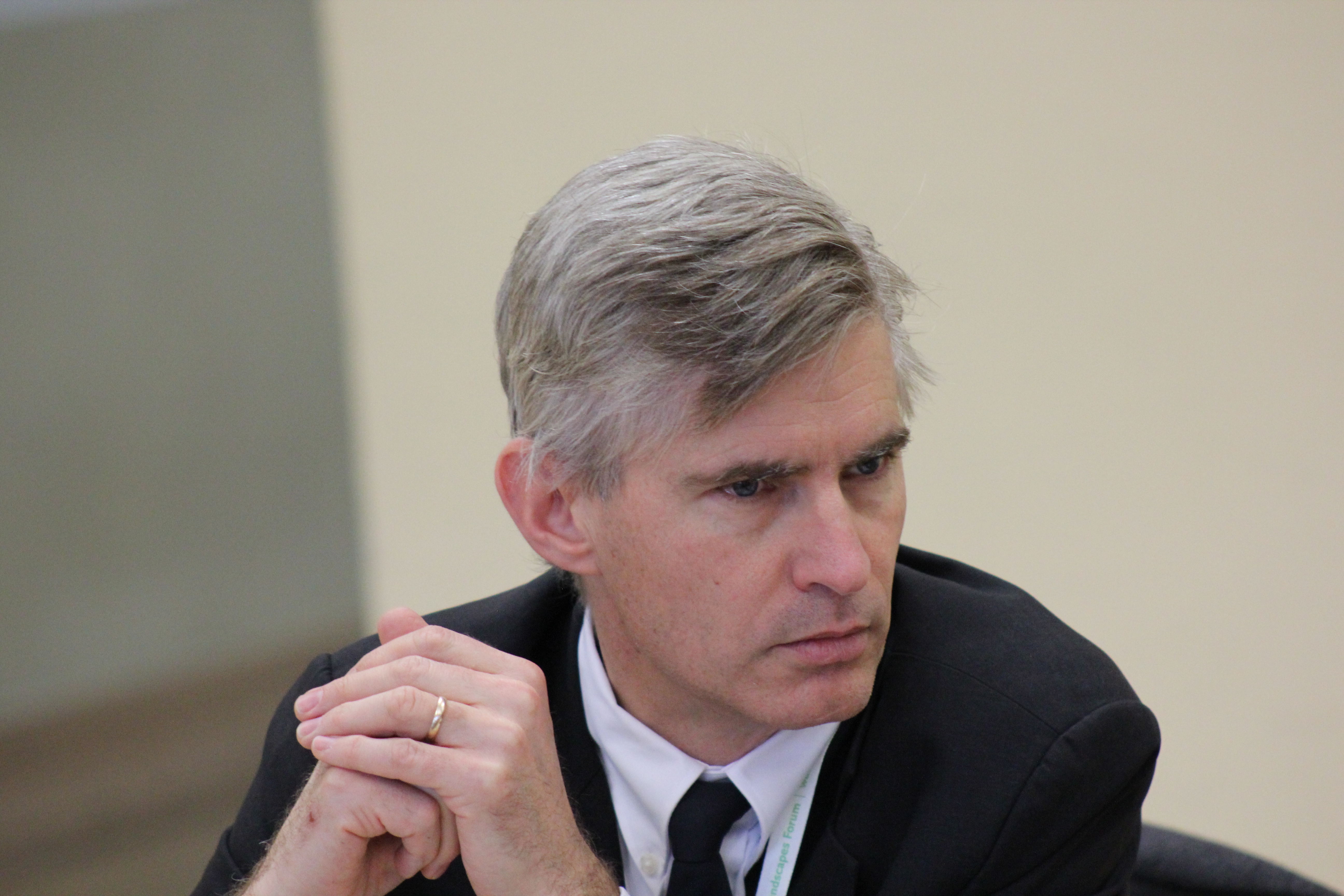You’ve got an issue? We’ve got options.
Over the last 30 years practitioners and scholars have been dealing with a range of interventions designed to improve global forest management. These included criteria and indicators (C&I), forest certification and, more recently, legality verification and REDD+, to name but a few.
Despite these well intended efforts, frustration exists about their impacts on the ground when addressing deforestation, forest degradation, carbon emissions, and improving the livelihoods of forest dependent people.
Often, potentially transformative interventions are “abandoned” prematurely and replaced by new interventions as stakeholders “learn” about limited results on the ground.
How might learning be developed that might help nurture enduring institutions capable of addressing such thorny challenges?
The IUFRO Task Force on International Forest Governance has developed a learning architecture designed to answer this question. Its purpose is to translate insights from scholarly research into practical strategies for stakeholders championing sound forest management.
This learning architecture is needed because, for a variety of reasons, there’s a lapse in time before that information goes forward. It doesn’t make its way to forest managers for a lengthy period.
The result is wasted time and resources.
That gap from discovery to application has been recognized. The task now is to close it. As a practical approach to do so, the IUFRO Task Force, together with the Governance, Environment and Market (GEM) initiative at Yale University has released a first set of “Issues and Options Briefs on Forest Policy” on November 16, at the Global Landscapes Forum in Warsaw.
Papers with titles such as ‘Bridging Certification and Community Forestry through NTFPs: A Case Study from Nepal’; and ‘Can Legality Verification Combat Illegal Logging in Brazil? Strategic Insights for Policy Makers and Advocates’ were presented during the forum.
The papers – the first in a series to be unleashed in the coming weeks – offer strategic options for strengthening international forest governance initiatives based on insights taken from scholars and practitioners.
They showcase ways of how these two can collaborate effectively to translate, disseminate, and apply scholarly analysis to landscape management challenges through policy learning, training and capacity building.
Each paper introduces a specific forest governance challenge and associated policy interventions in a critical forest region – as an example, the role of legality verification in combating illegal logging in Brazil.
They identify and analyze the factors that caused the policy intervention and seek to discover the mechanisms that create support for that particular intervention and build its influence. This helps the researchers identify effective strategies to enhance those mechanisms and trigger durable changes in forest governance.
Those involved in the project say that using an analytical framework from political science in each of the papers also helps the authors identify strategic insights for moving forward, and to consider the options – those that are synergistic and those that might be counter-productive – potentially available to policy makers. In the paper focusing on illegal logging in Brazil, for instance, recommendations were offered for building an effective governance structure using enhanced supply chain tracking as a deterrent to illegal logging.
These papers are designed to be living documents, updated from time to time to reflect new insights from both scholars and practitioners.
The plan is to disseminate the papers online on the IUFRO website, by using social media platforms and at future international conferences.
The first papers are already available online at: http://www.iufro.org/publications/series/occasional-papers/#c20966


Posted by Próspero Yance on
Felicitaciones excelente iniciativa, estoy seguro que la alianza investigación-gobierno-actores forestales puedan mejorar la gobernanza forestal para la creación de bienes u servicios para la población y en especial para la población vulnerable.
Posted by TGIF @ #COP19 on
[…] the Governance, Environment and Markets (GEM) Initiative at Yale launched two new publications: Issues and Options papers on forest policy in partnership with the International Union of Forestry Researchers (IUFRO) and […]
Posted by You’ve got an issue? We’ve got options. on
[…] from IUFRO Blog: http://theiufroblog.wordpress.com/2013/11/16/youve-got-an-issue-weve-got-options/. Posted November 16, 2013 by IUFRO in Global Landscape Forum – Social […]